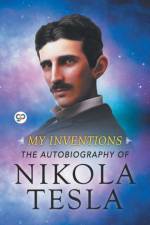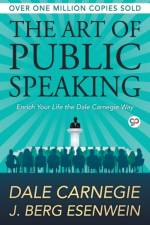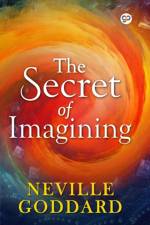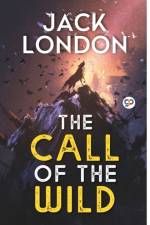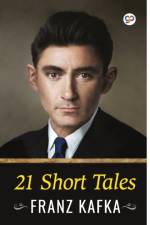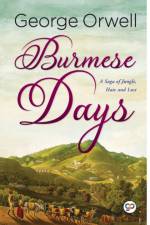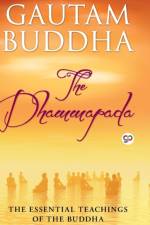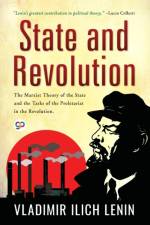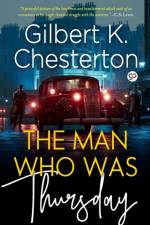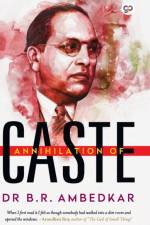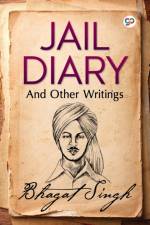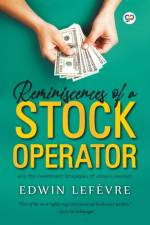av George Orwell
167 - 391
Animal Farm is regarded in the literary field as one of the most famous satirical allegories of Soviet totalitarianism. Orwell based the book on events up to and during Joseph Stalins regime. Orwell, a democratic socialist, and a member of the Independent Labour Party for many years, was a critic of Stalin, and was suspicious of Moscow-directed Stalinism after his experiences in the Spanish Civil War.The plot is an allegory in which the pigs in a farm play the role of the Bolshevik revolutionaries and overthrow and oust the human owners of the farm, setting it up as a commune in which, at first, all animals are equal. The other characters have their parallels in the real world, but care should be taken with these comparisons as they do not always match history exactly and often simply represent generalised concepts.The novel was chosen by TIME Magazine as one of the 100 best English-language novels from 1923 to the present.ABOUT THE AUTHOR:Eric Arthur Blair, better known by his pen name George Orwell (19031950), was an English author and journalist. His work is marked by keen intelligence and wit, a profound awareness of social injustice, an intense opposition to totalitarianism, a passion for clarity in language, and a belief in democratic socialism.In addition to his literary career Orwell served as a police officer with the Indian Imperial Police in Burma from 1922-1927 and fought with the Republicans in the Spanish Civil War from 1936-1937. He was severely wounded when he was shot through his throat. Orwell and his wife were accused of Rabid Trotskyism and tried in absentia in Barcelona, along with other leaders of the POUM, in 1938. However by then they had escaped from Spain and returned to England. Between 1941 and 1943, Orwell worked on propaganda for the BBC. In 1943, he became literary editor of the Tribune, a weekly left-wing magazine. He was a prolific polemical journalist, article writer, literary critic, reviewer, poet and writer of fiction, and considered perhaps the twentieth centurys best chronicler of English culture. Orwell is best known for the dystopian novel Nineteen Eighty-Four (published in 1949) and the satirical novella Animal Farm (1945)they have together sold more copies than any two books by any other twentieth-century author. His 1938 book Homage to Catalonia, an account of his experiences as a volunteer on the Republican side during the Spanish Civil War, together with numerous essays on politics, literature, language, and culture, are widely acclaimed. In 2008, The Times ranked him second on a list of The 50 greatest British writers since 1945.



